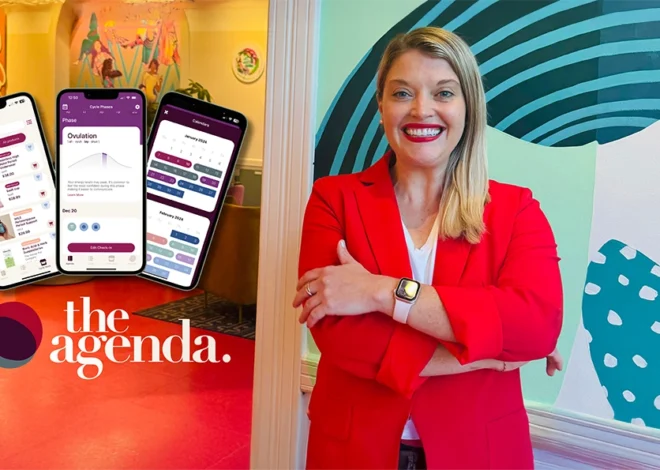I drink soda like it’s going out of style. And I’m not afraid to admit it. I don’t like coffee, but I need a morning pick-me-up. Then, 2:00 rolls around, and I need an afternoon pick-me-up. I have to get through the day somehow, right?
But I’ve always wondered how all the caffeine I drink affects my body. It can’t be good for me, can it? I recently sat down with Dr. Liz Applegate to get the real buzz on caffeine. Dr. Applegate is the best of the best. In addition to being the Director of Sports Nutrition at the University of California at Davis, she is the author of six books on nutrition, on the board of several medical groups and has appeared as an expert on such networks as CNN, ESPN and CBS. She was the perfect woman with whom to discuss my Diet Coke woes.
Well, fellow I-didn’t-get-enough-sleep-last-night moms, I’ve got good news to report. It turns out caffeine is misperceived, and actually has some physical and mental health "perks." Pun intended.
Mental Stimulation
According to the U.S. institute of Medicine/National Academy of Sciences, 100 to 600 mg of caffeine can be effective in maintaining mental performance. Safe and moderate caffeine consumption should be between 200 and 300 mg each day, says Dr. Applegate.
Physical Benefits
Caffeine can also increase your physical performance during long and short-term exercise.
But just so we’re clear, like anything, too much caffeine is not healthy. Dr. Applegate warns against consuming more than 600 mg. Moderation is key!
How Do Coffee, Soda Stack Up on the Caffeine Scale?
Just so we’re on the same page, here are some common sources of caffeine, and the amount of caffeine they contain.
Average size milk chocolate bar, 1.55 oz: 9mg.
Average size dark chocolate bar, 1.45 oz: 31 mg.
Average soda can, 12 oz: 36 mg.
Mainstream energy drink, 12 oz.: 115 mg.
Regular cup of coffee, 12 oz: 230 mg.
Dr. Applegate says to be careful, because caffeine can easily sneak its way into your diet from unexpected sources. For example, that coffee ice cream or coffee yogurt you love is packed with caffeine! They respectively contain 66 mg and 45 mg of caffeine per 8 oz scoop.
Is caffeine addictive?
Although you may feel like you can’t live without your morning caffeine, it’s not classified as an addictive. People can eliminate caffeine consumption without the physical or emotional effects that can result from an actual drug addiction. For something to be an addictive, Dr. Applegate says, it has to be bad for you.
Alternative Energy:
If you’re feeling the usual mid-afternoon lull kick-in, you don’t have to turn to caffeine to wake you up. According to Dr. Applegate, a quick jaunt around the block or up and down the stairs will help you to perk up.
Can I Have Caffeine When I’m Pregnant?
Dr. Applegate says there is no harm in moderate caffeine consumption when a woman is pregnant- but no more than the equivalent to one 12 oz coffee a day. However, she made sure to mention that this is something you should discuss with your personal doctor or OB/GYN. You can never be too careful.
So ladies, when you’re feeling a little sluggish, it’s okay to indulge in a little caffeine pick-me-up. Just don’t go overboard.





